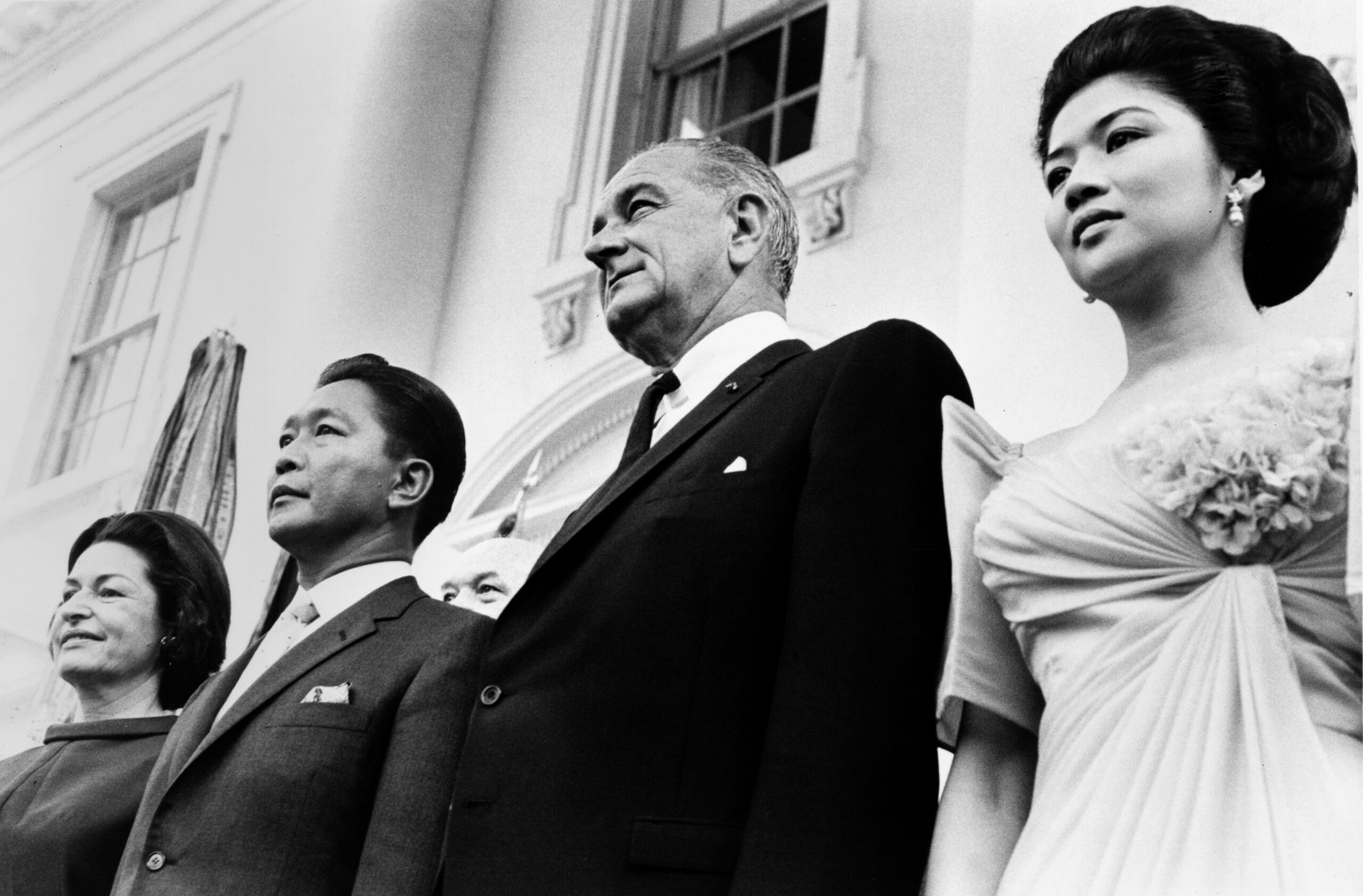OPINION
The 1960 US presidential race was interesting for various reasons. On the Democratic Party side the race to become its presidential candidate was characterised by a couple of hard-fought primary elections between John Kennedy and a man called Hubert Humphrey (basically forgotten by history these days) but the other main contestant was Lyndon Johnson, the Democratic majority leader in the US Senate. It was odd because Johnson not only did not enter any primary elections, but fully expected to win.
Lyndon Johnson and his cronies dominated Texas politics in the 1950s; they controlled everything. Johnson and his mentor Sam Rayburn (Speaker of the US House of Representatives) between them also controlled Washington politics in a way which hasn’t happened since. In many ways they were far more powerful than President Eisenhower.
So when LBJ launched his presidential campaign he was suffering from a severe case of beltway-itis and made a fatal mistake. Because he controlled Texas with an iron fist, he just assumed everyone else in the Senate was like him, only to find out far too late – and to his horror – this was most certainly not the case.
In those days a senator would get himself elected and move his family to the Washington DC area; many children of long serving senators grew up in Maryland or Virginia with little connection to the state their father represented. Because Senate terms are six years, the senators didn’t tend to visit their state very often for the first five years of the term – perhaps every three or four months for a week of giving speeches. The notion of flying home every weekend (as LBJ did to Texas) seemed bizarre to most members of the Senate until around 40 years ago.
Due to these senators living close to Washington and only seldom visiting their states, it meant most weren’t major ‘powerbrokers’. Lyndon Johnson’s plan was that he’d become the Democratic candidate by simply calling in every favour he was owed from his caucus, and they’d dutifully deliver the delegates from their state for him. It didn’t quite work out as he expected. Several senators who were quite powerful committee chairmen in Washington told LBJ – to his astonishment – they’d be lucky even to be delegates to the Democratic National Convention. Within Washington LBJ’s plan was quite feasible – he ran the town – and Kennedy was viewed in Washington as a lightweight and his presidential campaign was seen as a bit of a joke inside the beltway. Until he won.
This beltway-itis has been prominent in the media in New Zealand in recent weeks.
The proclaiming of the first 100 days as a failure, the handwringing over Mr Luxon’s supposed lack of political savvy, the attempts to breathe life into the Labour corpse, the criticisms of tax cuts for landlords… and on and on it goes by the media and left wingers in Wellington. In their world it all makes sense but it certainly isn’t like that outside of the beltway.
Here in the real world, Labour is barely in the 20s and the coalition Government is viewed quite warmly for starting to return New Zealand to what it was before the 2017 election. Oh, and the Labour-supporting media have gone bust whilst Newstalk – which reflects the man in the street – has a waiting list for advertising on Mike Hosking’s show. My advice to political journalists is to visit New Zealand and see for themselves. If there is anything more toxic, more false, more delusional, and more awful than the Beltway – I’d love to know.

